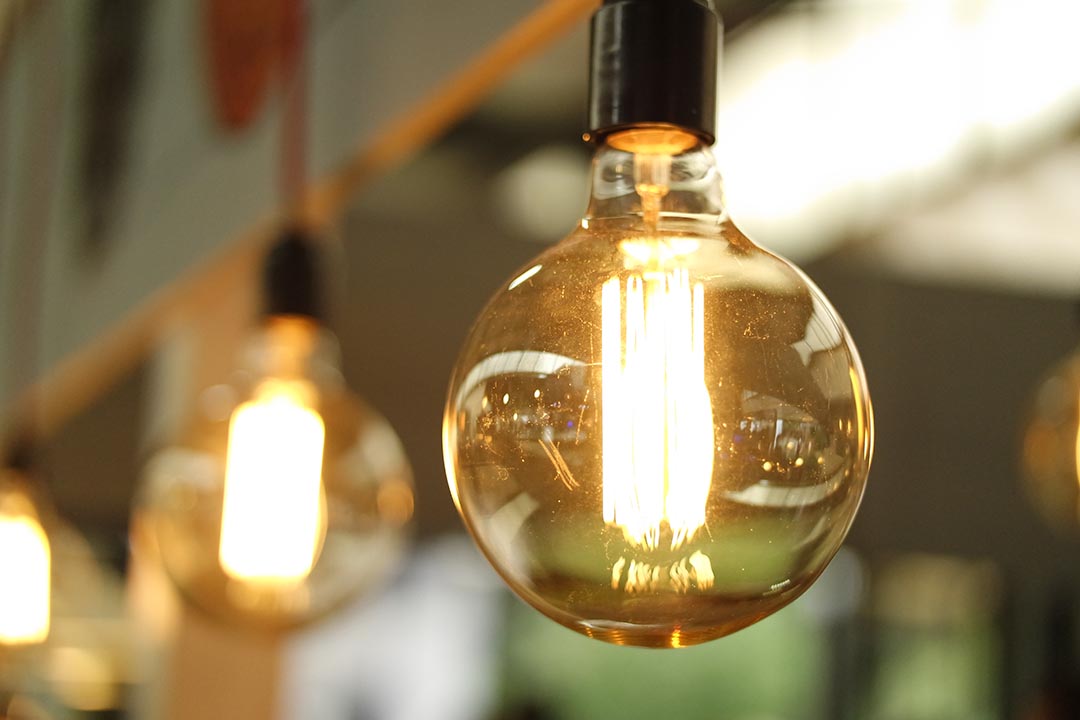
- Details
- By aniprocs
- Human Health
- Hits: 29
Light pollution is not just an issue for stargazers or the environment. It is a problem that affects all of us, including our health. Exposure to artificial light at night has been linked to various health problems, including disrupted circadian rhythms, insomnia, depression, and even an increased risk of certain cancers. Artificial light interferes with the production of melatonin. Melatonin is a hormone that regulates our sleep-wake cycle. This can result in sleep disturbances, fatigue, and decreased productivity. Light pollution also affects our mood and mental well-being, contributing to feelings of stress, anxiety, and depression. To minimize the impact of light pollution on our health, it's important to reduce exposure to artificial light at night and improve our sleep hygiene. This can include using dimmer switches, blackout curtains, and blue light filters, and avoiding screens for a few hours before bedtime.

- Details
- By aniprocs
- Energy Waste
- Hits: 580
Dark skies are not just beneficial for stargazers and wildlife, but they can also lead to energy conservation. By reducing the amount of light pollution in our skies, we can reduce energy waste, lower energy costs and reduce greenhouse gas emissions. When outdoor lighting is properly shielded and directed downwards, it can improve visibility and safety without causing unnecessary light pollution. One of the simplest ways to reduce light pollution and conserve energy is to switch to LED lights. These lights are more energy efficient, last longer, and are more directional, reducing the amount of light pollution they emit. Installing motion sensors, timers and dimmer switches can also help reduce energy waste, as well as educating the public about the benefits of reducing light pollution.




